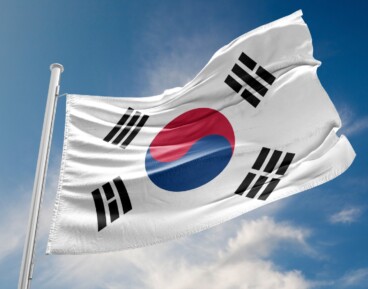German automotive industry at a crossroads
Kategoria: Business
There has been much fanfare over the swap lines that China’s central bank has established with numerous countries. Many observers see those lines as evidence of the internationalization of the yuan and its increasing importance in the global economy.
We were somewhat more skeptical, recognizing that the swap lines were not being used. It seemed it was mostly about optics and less about substance.
However, earlier this week South Korea and China made an announcement that suggests a new and more substantive evolution. Essentially, China and South Korea indicated they will activate the swap line (KRW 64 trillion and CNY360 bln roughly equivalent to $59 bln). The purpose is to lend yuan and won to importers/exporters via banks to facilitate the settlement of bilateral trade flows.
Reports suggest the central bank of South Korea will begin holdings meetings with domestic firms to explain how the new facility will work. Initially, yuan loans of 3-6 months is anticipated. Chinese firms will have new access to won, though the details are not immediately clear.
China is South Korea’s single largest trading partner, accounting absorbing a quarter its exports. Bilateral trade was about $220 bln last year, but only 3% was settled in the yuan or won, with the latter having a greater share. SWIFT, the major global transactions services company, reports that the yuan, which is not fully convertible, was the 16th most used currency in terms of world payments in October.
China has been keenly pursuing the internationalization of the yuan. Data from the PBOC shows that during the first three quarters of this year, about 11.4% of China’s total trade or CNY2.05 trillion (~$329 bln) was settled in yuan. In 2011, about 8.4% of China trade was settled in yuan.
However, the China-Korea agreement is not just about the yuan. The Korean won will also be used to settle trade. This is important. The internationalization of the yuan is being bolstered by a larger effort to use local currencies to settle trade flows. China is the world’s largest exporter. South Korea is the world’s seventh largest exporter.
The agreement took a couple of years to negotiate and could be template for others. The deputy director general of the Bank of Korea’s international department said that it intends to arrange similar agreements with others trading partners.
Lastly, it seems noteworthy that the security issues and the escalation of the territorial dispute appears on a completely separate track from the closer economic integration. Although these seems like a contradiction, it does not appear necessary to be resolved in the short to medium term.


